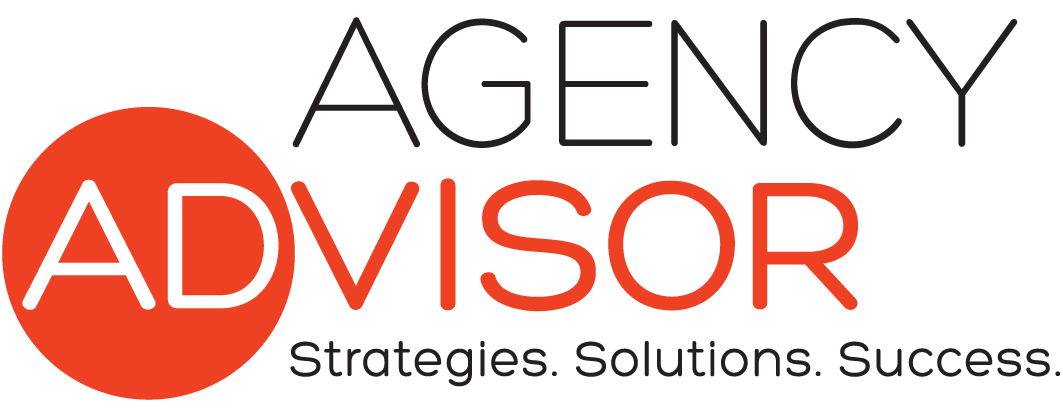I see this issue at almost every shop I walk into.
The first part of our series “Keys to Effective Communications,” starts with successfully beginning a conversation.
The first step to improving our communication is not to communicate to be understood; rather, communicate so as not to be misunderstood.
While this seems counter-intuitive, it is a pivotal piece to effective communications.
People want to know three things before they are willing to opening enter into a conversation with you:
 |
1. Is what you want to talk about going to be painful?
3. When you finish talking, what do you want from me?
If they don’t know these three things up front, they will make excuses to avoid you in person or avoid talking to you on the phone. It is simple; people always want to know the exit to the conversation before they feel safe engaging in it.
So for example, if you are calling a client, the very first thing you may want to say is: “I know you are busy, so I will only need one minute of your time to let you know about __________.” This way they know it will be quick and painless and that you just want to give them a few facts on the call that will only last a minute. Now they can relax and listen to you as you share the described information. Had you not explained if the call would not be long and painful, they may try to make an excuse that they can’t talk right now, and be distracted during the conversation.
The Same advice applies for approaching your boss, manager or another employee to set up a meeting. Let them know if it will be painful, how long it will take and the result you are asking for – they will be much more apt to schedule a time for you.


